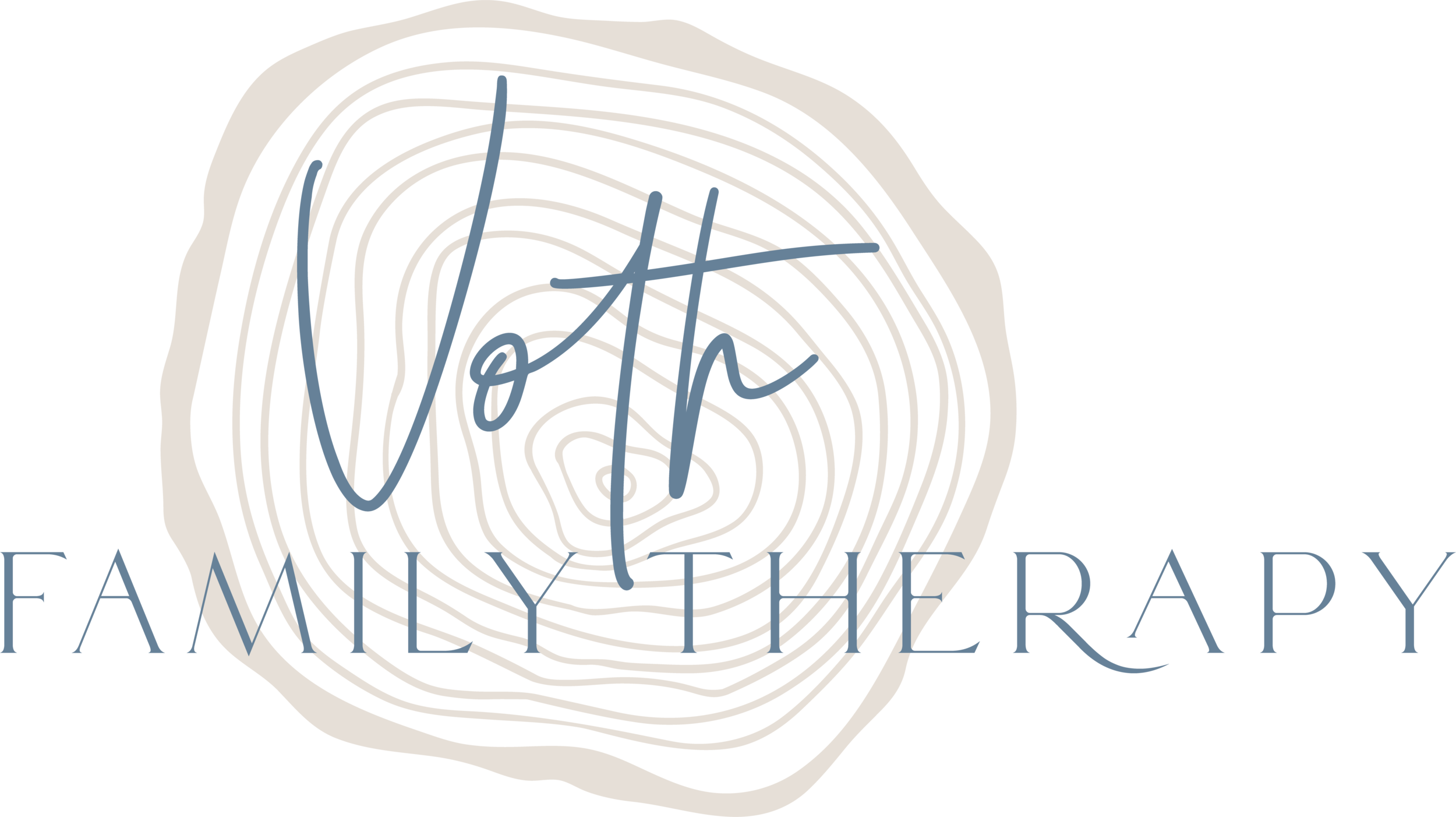Grief + Ambiguous Loss
“I have no right to grieve him. He didn’t choose me. He didn’t love me anymore.”
The weight of Sarah’s* words lands with an inaudible but palpable thud in the middle of the room. In this statement, she had summarized months of pain held carefully inside, unacknowledged even to herself. Yet there it was, welcome or not -- grief. The cutting pain of loss that when we least expect it, pokes through the careful layers we might try to hide it beneath.
Sarah’s experience of the loss of her husband through separation is one example of ambiguous loss, a type of loss that doesn’t fit the typical experience we associate with grief and death, because through ambiguous loss a person might be physically absent while still alive in our minds, or physically present while emotionally or mentally detached. (Other examples of ambiguous loss: disappearance or abduction of a loved one, adoption, Alzheimer’s, abrupt ending or cut-off of a relationship, addiction.) If you’ve experienced an ambiguous loss you might be having trouble knowing if and how you “should” grieve.
The thing is, even when a loss is complicated or unclear, it’s still a loss and loss is sad. It begs for grief, an outpouring of all those mixed up emotions and the sweet memories, too.
I remember the last time we saw each other. It was a Saturday and it was snowing.
I miss the way your nose wrinkles when you laugh.
Fridays are the hardest. We almost always saw each other on Fridays. I find myself lingering, waiting for someone I’m sure won’t arrive… but I can’t help it. I feel like I have to.
And so much like in the case of a death that comes unexpectedly, we are left to wrestle with the things that were never said.
I’m sorry.
I learned so much by having you in my life.
I wish I would have been brave enough to tell you ___________.
I love you.
If you’ve experienced a loss that’s unclear and unresolved, you might feel trapped in a sort of limbo, clinging to the hope of the return of or reconnection to your loved one in the hopeful moments, while grieving what feels sure to be a permanent loss when things feel dark. You have no sure answers and likely there hasn’t been a funeral to mark this passing, so you drift in a no-man’s-land of pain that is hard to define.
If you’re reading this, I hope the part of you that was looking for something has found it here. What you’re feeling is real, even if you don’t understand it or if the word “grief” isn’t the one you’d use to describe it. It is okay to feel sad. Read that one more time. It really is okay to feel sad, to grieve if you need to.
Today I’d invite you to lean into those feelings. Give yourself permission to feel the sadness that comes with the absence of someone you love. Give yourself permission to smile at a memory of them teasing you, or a secret laugh you shared. Say the unsaid words out loud, even if it is only to yourself. Cry if you need to. Hold the hope if you can. Whatever you do, please don’t try to smother that grief -- it is valid and real. Grief and love are closely related and are both pretty tough to truly hide, so create a little space and see what happens there.
“Grief, I’ve learned, is really just love. It’s all the love you want to give, but cannot. All that unspent love gathers up in the corners of your eyes, the lump in your throat, and in that hollow part of your chest. Grief is just love with no place to go.” -- Jamie Anderson
____________________
*not her real name
BLOG AUTHOR
JODIE VOTH
JODIE IS A FULL-TIME THERAPIST AND OWNER OF VOTH FAMILY THERAPY.


